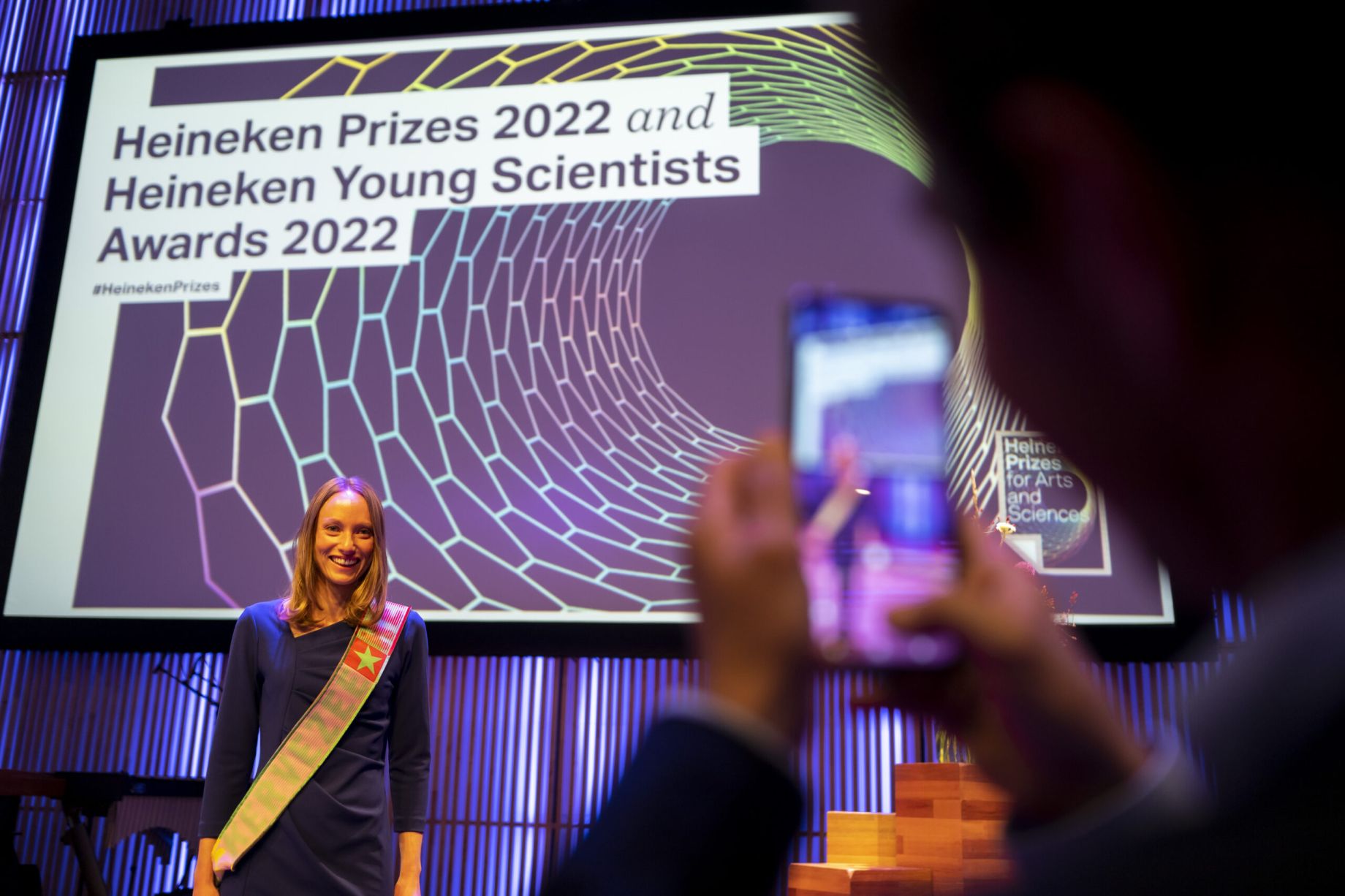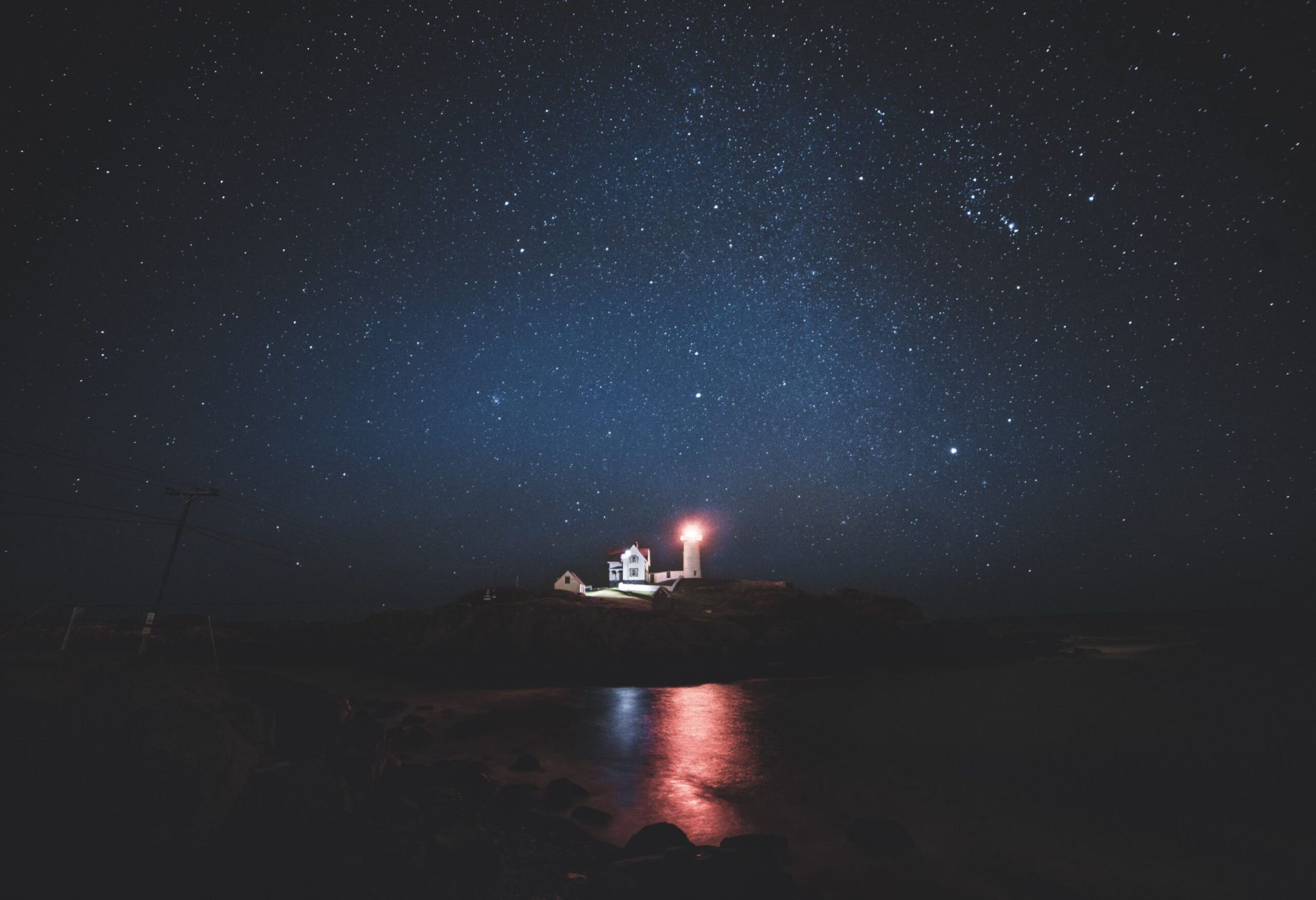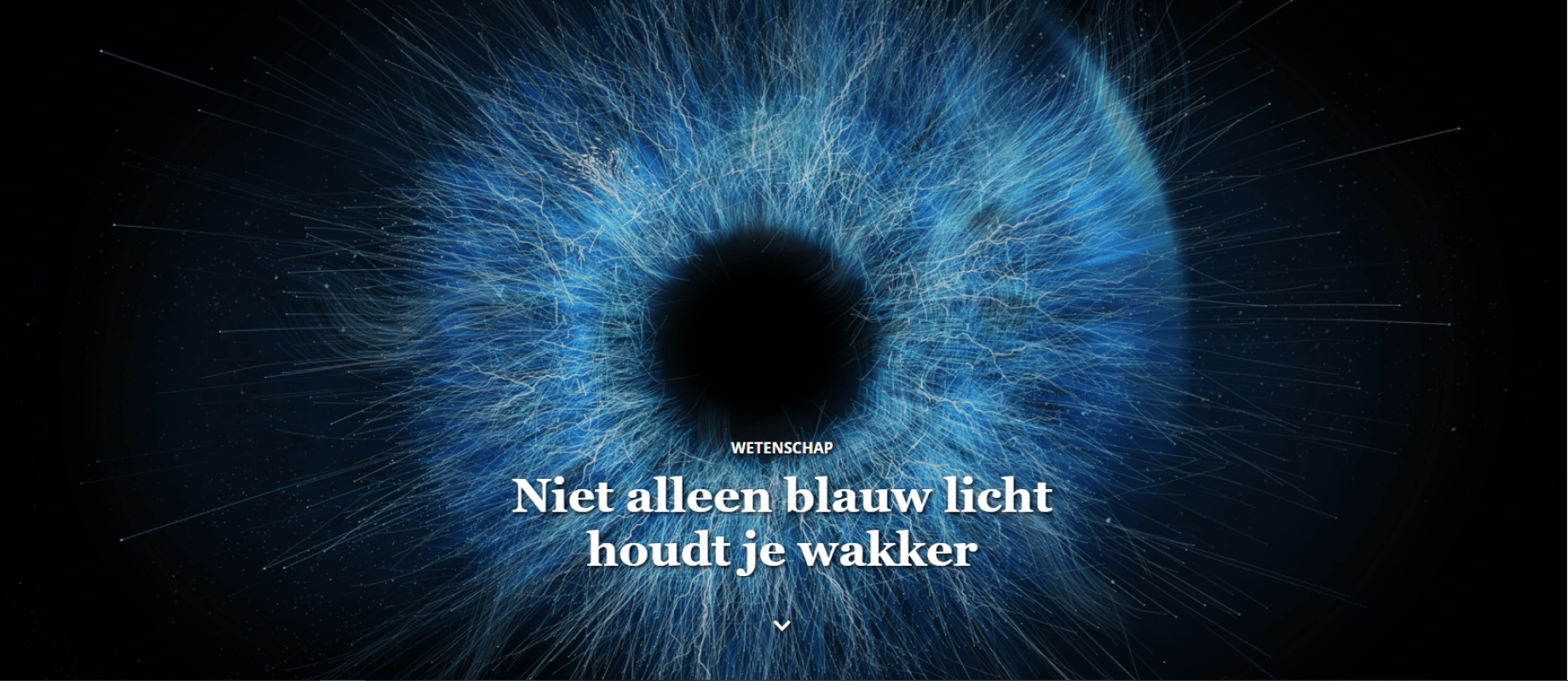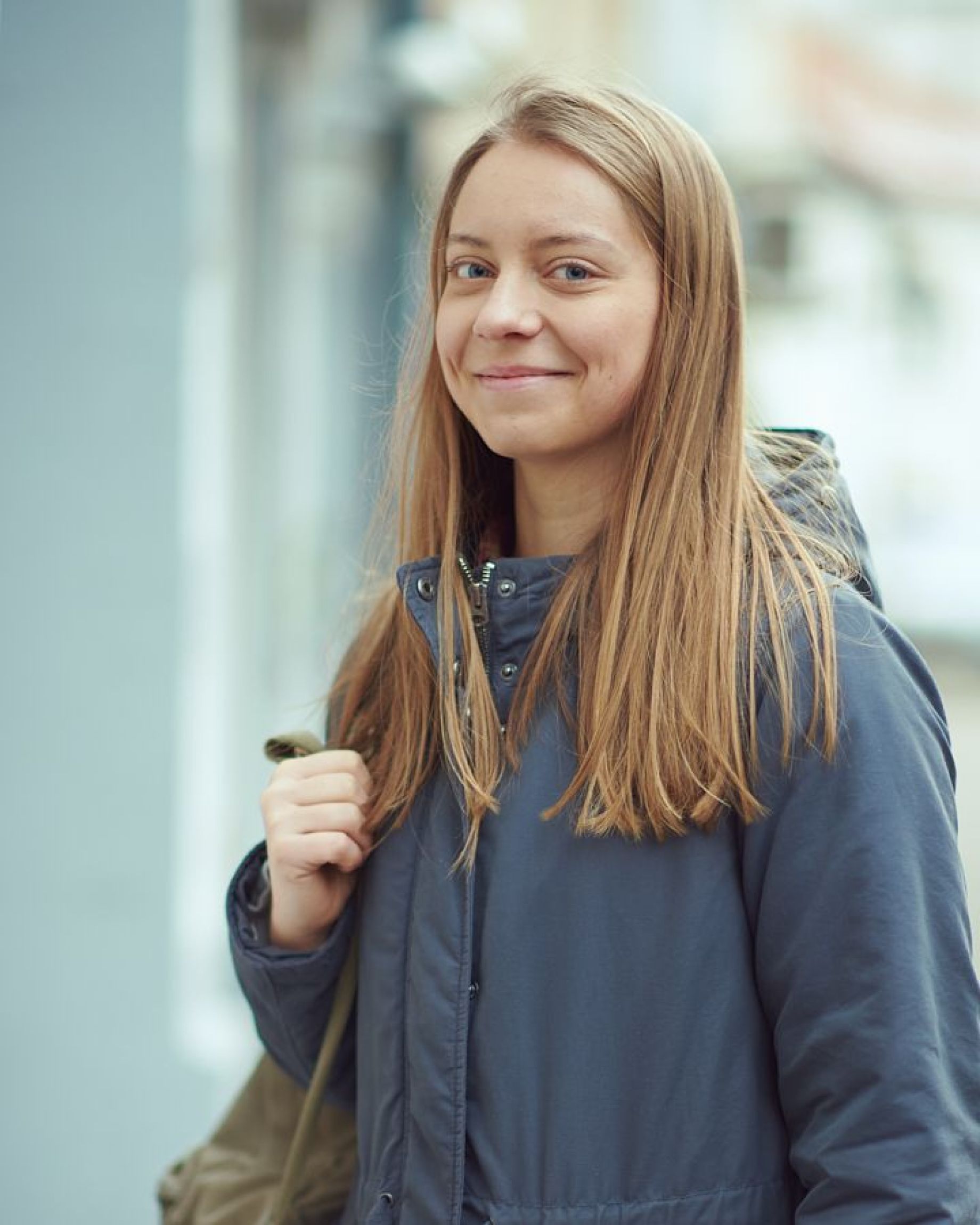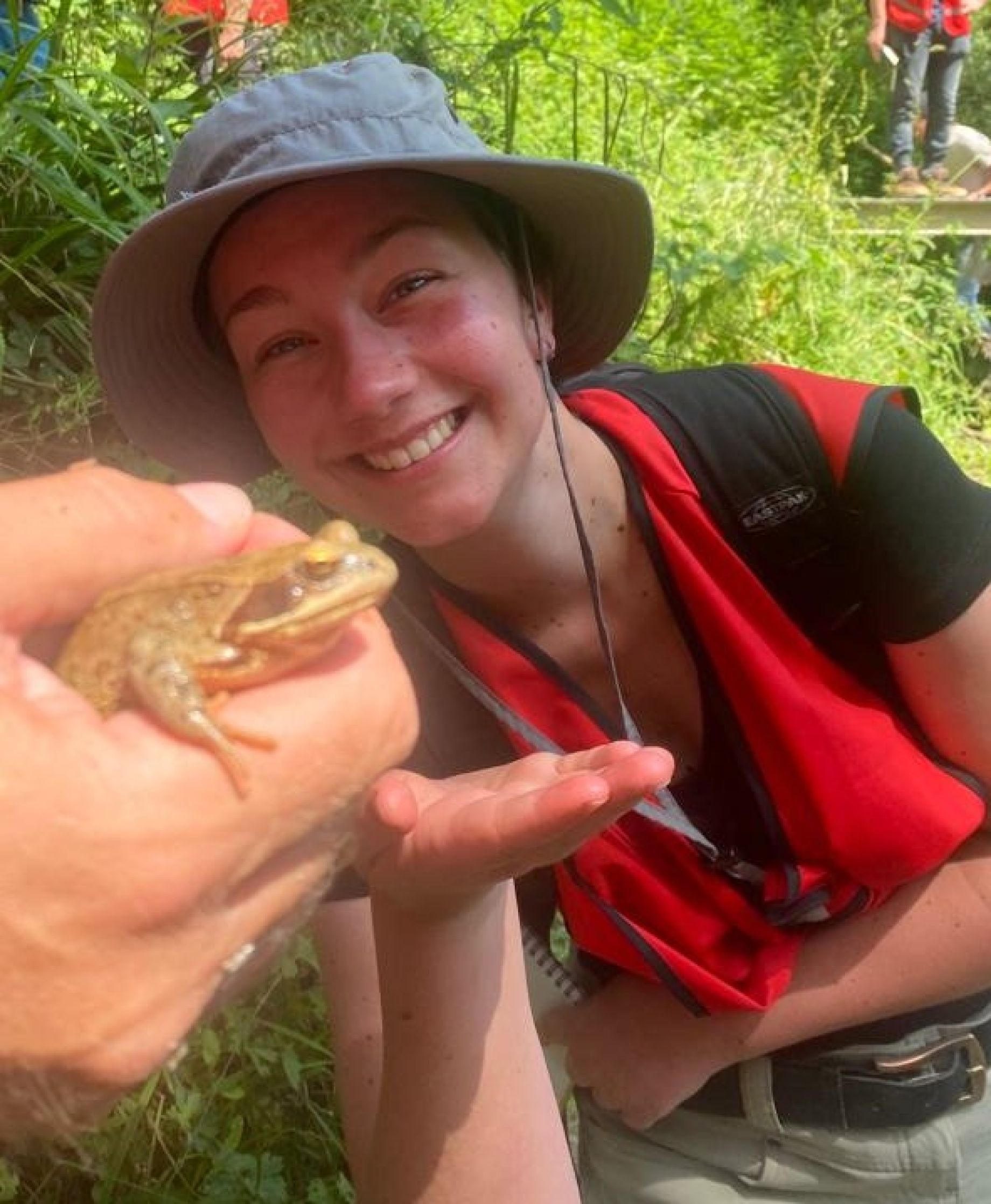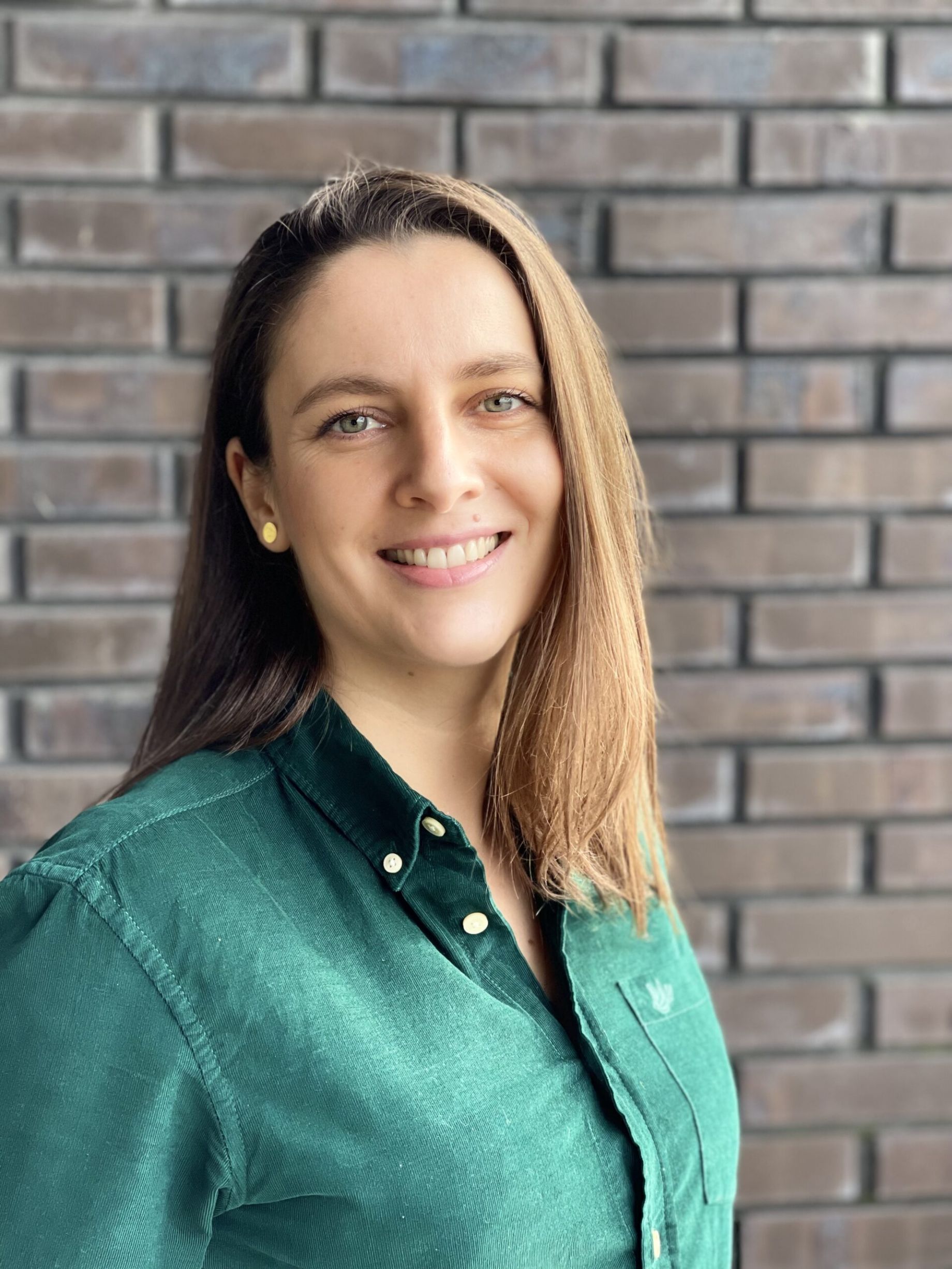Author: bioclock
The Royal Netherlands Academy of Arts and Sciences has awarded one of four Heineken Young Scientist Awards 2022 to BioClock co-leader Laura Kervezee. She is the winner in the Medical/Biomedical sciences section and receives 10.000 euros. Laura has been awarded the prize for her research after the effects of disturbance of biological rhythms on health. Read more about the prize here. The BioClock consortium is very proud of Laura, congratulations!
Dutch scientists want to improve the rhythm of the biological clock
The Dutch national newspaper Trouw published a large article on the goals of the BioClock consortium. You can read it here (in Dutch).
The importance of darkness for the Wadden area – and people
BioClock collaborates in different projects with the Donkerte van de Wadden; this is a program in the Wadden sea area and they pursue more awareness of the importance of darkness and they invite people to experience the unique darkness of the Wadden. Within the Netherlands, this area is roughly the only place it is still really dark at night and you can be impressed by the night sky, you may see the stars and it is a place where night-nature may flourish.
Truly a great...
Not just blue light keeps you awake!
In the past years, much has been written and said about blue light. It was suggested that mainly blue light causes problems for the biological clock and sleep. BioClock researchers, led by Joke Meijer, now have shown that not just blue light can affect our biological clock! They performed an MRI study, and showed that exposure to light of different colors affected the SCN. These results may be very important for people with sleep problems.
PhD candidate Robin Schoonderwoerd...
Kornelija wants to know everything about the effects of light on animals and humans
In February, Kornelija Vitkute started her PhD project at the University of Groningen. Under supervision of dr. Peter Meerlo, dr. Robbert Havekes and dr. Roelof Hut, she investigates the effects of static artificial light on behavior, physiology and brain mechanisms. With this knowledge, from both nocturnal and diurnal species, lights can be designed that are not harmful for circadian rhythms of people and animals.
Who are you?
Hey, I am Kornelija! I come from...
How does light affect the clock of insects? An important question in Ivanka’s project
Ivanka Spruijt has started her PhD project at the Leiden University and University of Amsterdam. She investigates the effects of artificial light at night on insects, and more specifically she looks at the plant-insect interaction. If the rhythms within this interaction are disturbed, this may lead to problematic consequences for survival of species.
Who are you?
My name is Ivanka, PhD candidate within the BioClock consortium, currently living in Utrecht. I’m one of the...
Oana-Georgiana investigates how light therapy works in our brain
In January, Oana-Georgiana started her post doc research project at the Leiden University. In collaboration with BioClock PhD candidate Emma Visser, and under supervision of dr. Niki Antypa, she will further optimize light therapy as a treatment for depressed patients. Light and chronotherapy are effective therapeutic strategies and therefore widely used but the underlying mechanisms are not fully understood. Oana-Georgiana will study this in her BioClock project by specifically...
